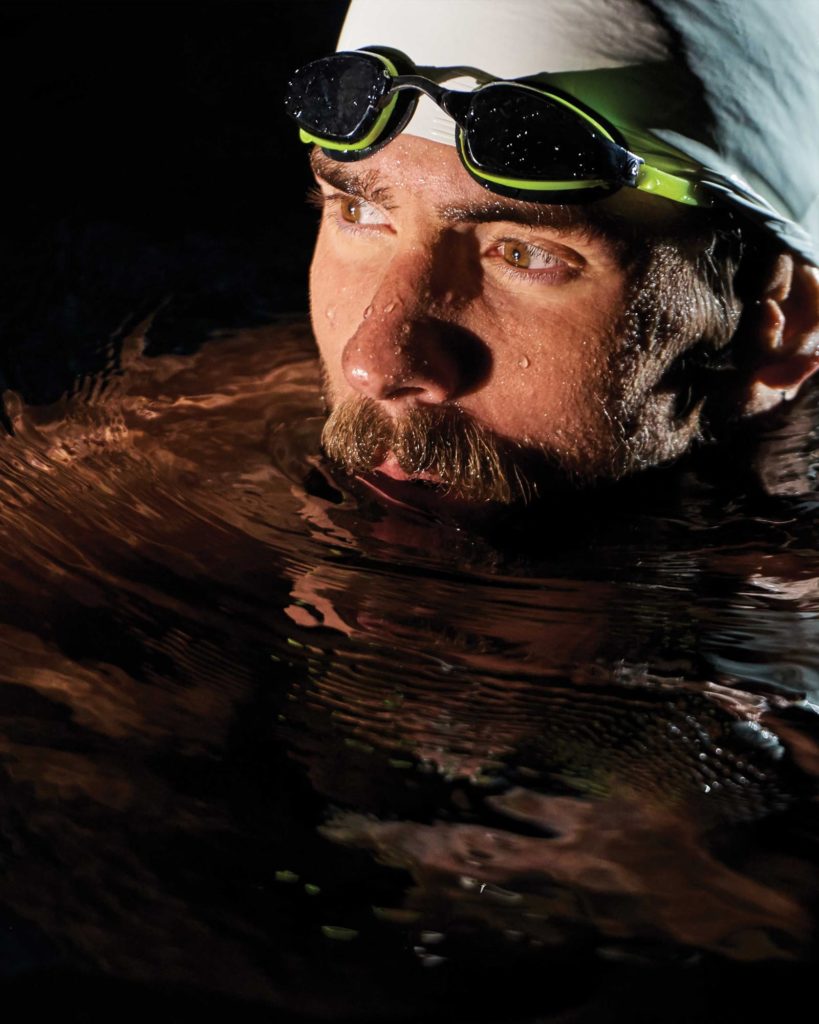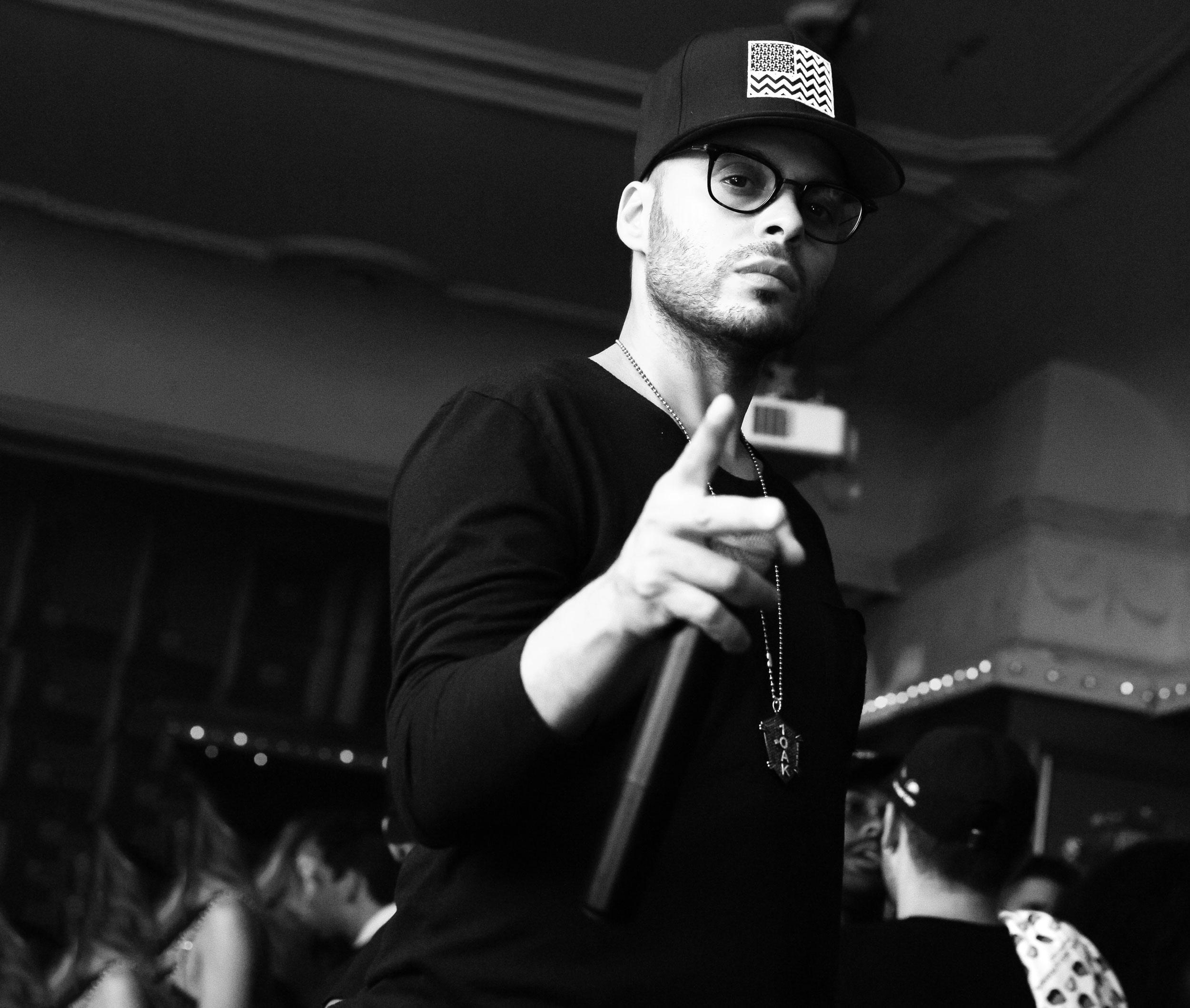The winner of 28 Olympic medals, 23 of which were gold, the American swimmer quit the sport after the London Games in 2012 but then endured a difficult time in his personal life. Arrested for a second drink driving offence, Phelps went into rehab in 2014, cleaned up his act and returned with a fresh drive for Rio 2016 where he went out in style, picking up five golds and a silver. Sports fans were familiar with seeing Phelps’ mother Debbie nervously cheering her son in previous Olympics, but sitting next to her in Brazil was Phelps’ wife Nicole Johnson and their son Boomer, born in May 2016. They’re expecting a second child in 2018 and fatherhood is a new, dry land challenge for Phelps.
Definitely retired for good this time, Phelps wants to grow the sport of swimming like his hero Michael Jordan did with basketball in the 1990s. As part of his ambitious plan, he’s signed as an ambassador for Under Armour, the sportswear brand that, like Phelps, is from Baltimore. The Olympic giant spoke at the opening of Under Armour’s new store in The Dubai Mall about family, his remarkable sporting career, and why he was able to compete at such a high level for so long.

